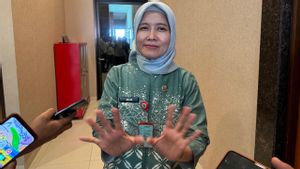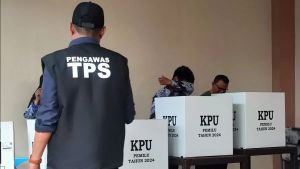JAKARTA - The World Health Organization (WHO) says working long hours kills hundreds of thousands of people every year, exacerbated by the COVID-19 pandemic.
In the first global study of loss of life associated with longer working hours, a paper in the journal Environment International showed that 745,000 people died of stroke and heart disease linked to long working hours in 2016.
However, in its statement Monday, May 17, who said the figure increased by almost 30 percent from 2000.
"Working 55 hours or more per week is a serious health hazard," WHO Department of Environment, Climate Change and Health Director Maria Neira told Reuters on Monday, May 17.
"What we want to do with this information is promote more action, more protection for workers," he added.
A joint study produced by who and the International Labour Organization (ILO) showed that most of the victims (72 percent) were male and of middle age or older. Often, death occurs much later, sometimes decades later, than a successful shift.
The study also showed that people living in Southeast Asia and the Western Pacific region, who-defined regions that include China, Japan and Australia, were the most affected.
Overall, the study, which took data from 194 countries, revealed that working 55 hours or more a week was associated with a 35 percent higher risk of stroke and a 17 percent higher risk of death from ischemic heart disease, compared to working 35-40 hours per week.
The study covers the period 2000-2016, and does not include the COVID-19 pandemic. But WHO officials say the surge in remote workers and the global economic slowdown due to the coronavirus emergency may have increased the risk.
"Pandemics accelerate developments that can drive the trend of increased working time," who said, estimating that at least 9 percent of people work long working hours.
WHO technical officer Franks Pega said restrictions on working hours would be beneficial for employers, as it was shown to increase worker productivity.
"It's really a smart choice not to add long working hours in an economic crisis," he said.
The English, Chinese, Japanese, Arabic, and French versions are automatically generated by the AI. So there may still be inaccuracies in translating, please always see Indonesian as our main language. (system supported by DigitalSiber.id)













